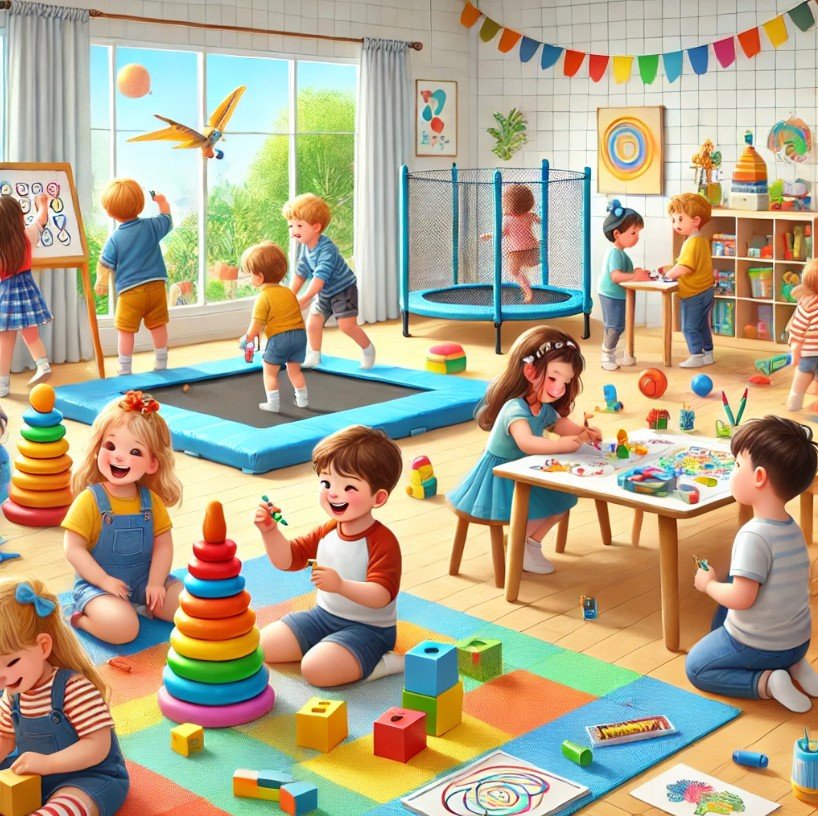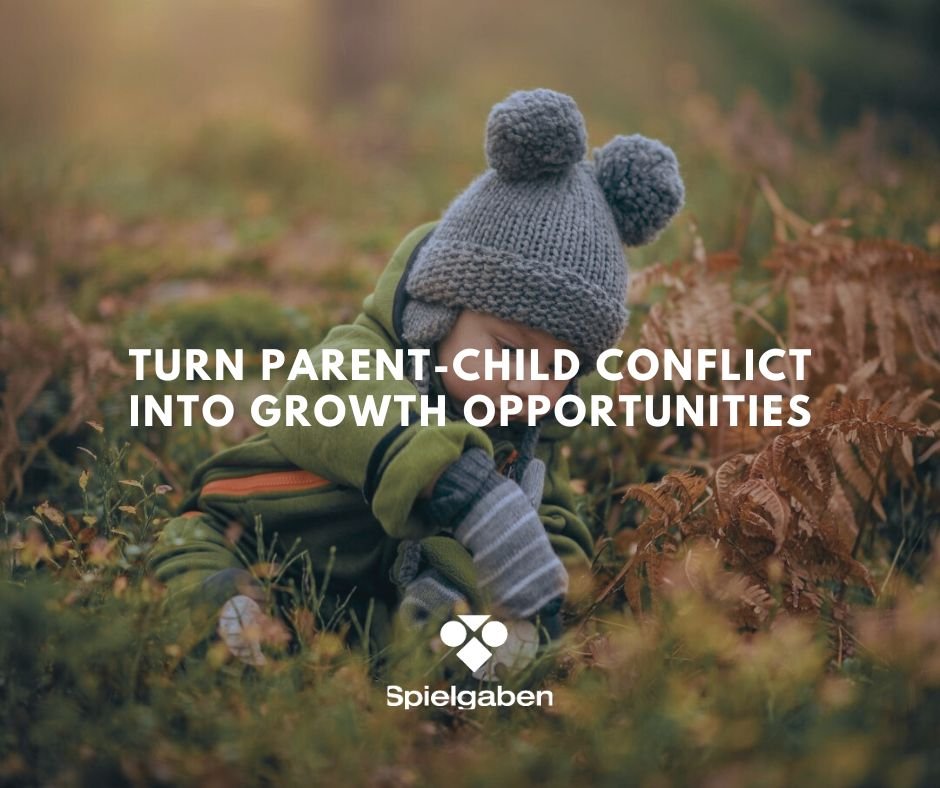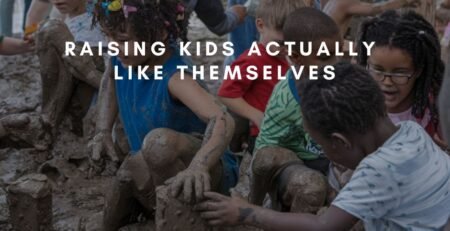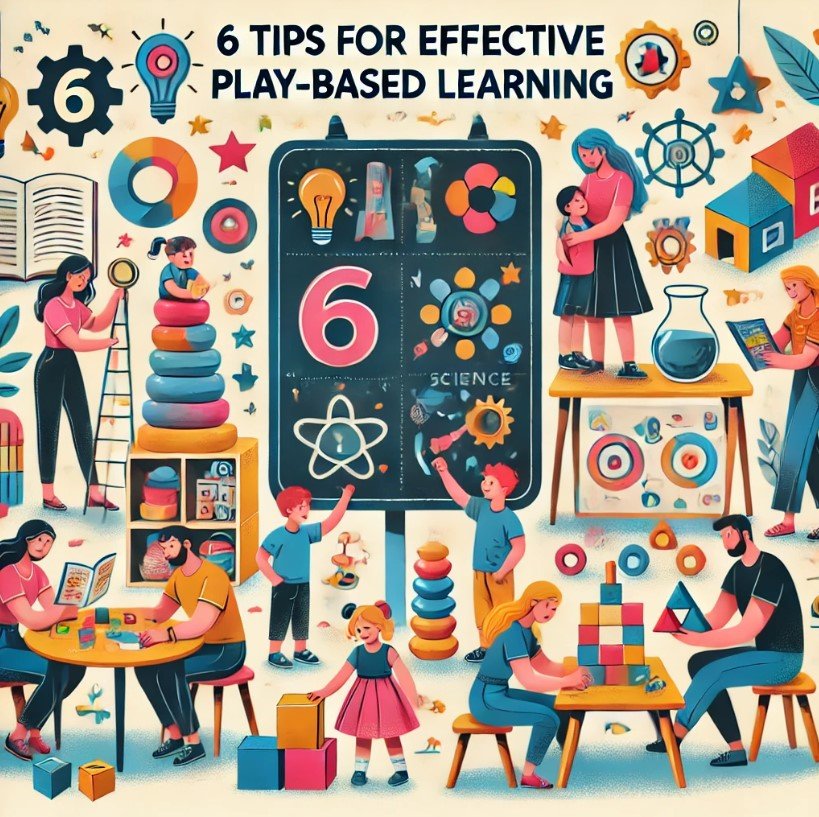Don’t Save Your Child from Failures
Over-parenting in the modern family is pervasive, especially in affluent towns where parents pay schools big dollars to ensure their kids don’t fail.
Parents pay hefty private school tuition so their kids won’t struggle. Parents who enrolled their children in a prestigious private school say, “For the amount we pay for their education, I expect high grades and cushion my children from failure”
Contrary to our belief, Decades of research show that children whose parents do let them fail are more resilient, more motivated, more excited about learning, and ultimately more successful than kids whose parents hover and rescue them all the time.
University at Buffalo, State University of New York, examined a national sample of people and found that those exposed to some adverse events and hardship reported better mental health and well-being outcomes than those with no bumps or adversity.
In fact, those who experienced little or no hardship were less happy and less confident when they grew up than those who had experienced setbacks and overcome them.
Each time we save or fix, we send children a message: “We don’t believe you are capable of doing that alone”. Instead, we need to step back and adjust to a new behavior: “Never do for our child what our child can do for himself.” Our child will thank us later when they grow up.
Then, what would be the better way and how to deal with our children’s setbacks?
Action Step #1) Help Develop a Growth Mindset instead.
We often ask after the test: What was your grade (or score or rank)?
Instead, Ask about the effort they put into so your child knows you care about his or her work ethic and learns the value of a growth mindset.
A few examples:
“What new things did you try?”
“What was challenging?”
“What mistake did you make that taught you something?”
“What did you try that was hard?”
What is even better is to share your own experience and learning with your child so they also learn from their parents too.
Action Step #2) Praise effort, not the outcome.
When praised for their intelligence or test result (“You’re so smart“), they become concerned about failing and were less likely to attempt new challenges.
However, when praising for effort (“You’re working so hard!” or “You’re really putting all your effort into it”), they work harder and are more likely to succeed.
Why? With a fixed mindset, children don’t feel they have control over their intelligence: those with growth mindsets understand that they can control how hard they work, and so they improved. The key is: to expand a growth mindset and praise your child’s effort, not the outcome.
This will help our children to grow resilient and be prepared for any future setbacks or challenges ahead.
Happy Learning…













LEAVE A COMMENT